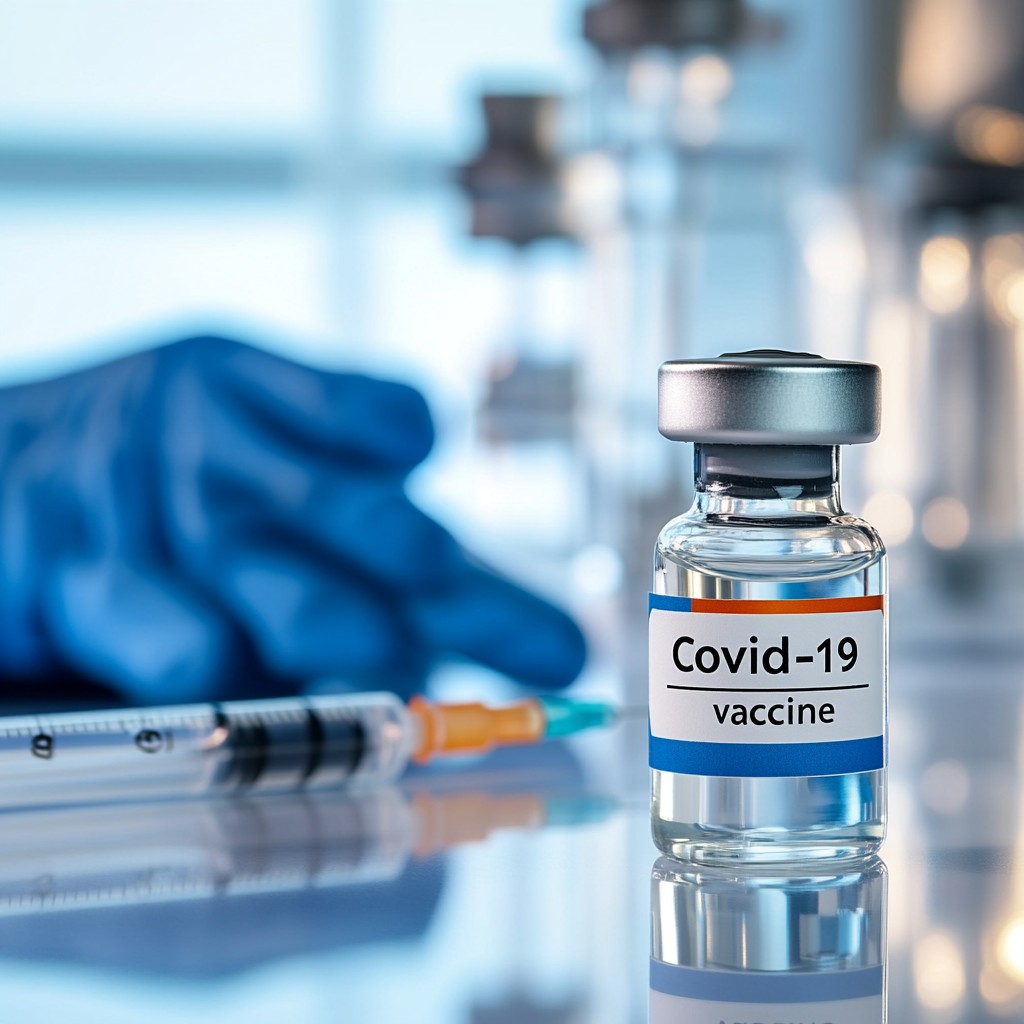The COVID-19 pandemic may have slowed down, but for millions of people, the battle is far from over. Long COVID, a condition where symptoms persist weeks or even months after the initial infection, has become a significant health concern. If you or someone you know is struggling with lingering symptoms, this guide will help you understand what Long COVID is, its common symptoms, available treatments, and tips for recovery.
What is Long COVID?
Long COVID, also known as Post-Acute Sequelae of SARS-CoV-2 infection (PASC), refers to a range of symptoms that continue or develop after the acute phase of a COVID-19 infection. While most people recover from COVID-19 within a few weeks, some experience symptoms that last for months or even years. According to the CDC, about 1 in 5 adults who had COVID-19 develop Long COVID.
Common Symptoms of Long COVID
Long COVID symptoms can vary widely from person to person, affecting multiple systems in the body. Here are some of the most frequently reported symptoms:
-
Fatigue
- Overwhelming tiredness that doesn’t improve with rest.
- Many patients describe it as feeling “like they’ve hit a wall” even after minimal activity.
-
Shortness of Breath
- Difficulty breathing, even during light physical activity.
- A lingering cough or chest tightness may also occur.
-
Brain Fog
- Trouble concentrating, memory issues, and difficulty thinking clearly.
- One patient shared, “It feels like my brain is stuck in slow motion.”
-
Muscle and Joint Pain
- Persistent aches and pains that can interfere with mobility.
-
Loss of Taste and Smell
- Some people experience a prolonged or altered sense of taste and smell.
-
Heart Palpitations
- Irregular heartbeats or a racing heart, even at rest.
-
Mental Health Issues
- Anxiety, depression, and mood swings are common among Long COVID patients.
-
Sleep Problems
- Insomnia or disrupted sleep patterns.
What Causes Long COVID?
The exact cause of Long COVID is still being studied, but researchers have identified several potential factors:
- Viral Persistence: The virus may remain in the body at low levels, triggering ongoing inflammation.
- Immune Dysregulation: An overactive or misdirected immune response could damage tissues and organs.
- Microclots: Tiny blood clots may disrupt circulation and oxygen delivery.
- Autoimmunity: The virus might trigger autoimmune reactions, where the body attacks its own cells.
Diagnosing Long COVID
There’s no single test for this. Diagnosis is based on:
- A history of COVID-19 infection (confirmed or suspected).
- Persistent symptoms lasting 12 weeks or more.
- Ruling out other potential causes through blood tests, imaging, or specialist consultations.
If you suspect it, consult a healthcare provider who can guide you through the diagnostic process.
Treatments for Long COVID
While there’s no one-size-fits-all cure for Long COVID, several approaches can help manage symptoms and improve quality of life:
-
Symptom Management
- Fatigue: Pace yourself, prioritize rest, and avoid overexertion.
- Brain Fog: Cognitive behavioral therapy (CBT) and memory exercises can help.
- Shortness of Breath: Breathing exercises and pulmonary rehabilitation may be beneficial.
-
Medications
- Pain relievers for muscle and joint pain.
- Antidepressants or anti-anxiety medications for mental health symptoms.
- Blood thinners (in some cases) to address microclots.
-
Physical Therapy
- Gradual exercise programs to rebuild strength and stamina.
-
Mental Health Support
- Therapy or support groups to address anxiety, depression, and the emotional toll of Long COVID.
-
Lifestyle Changes
- A balanced diet rich in anti-inflammatory foods.
- Adequate hydration and sleep.
- Stress management techniques like yoga or meditation.
Tips for Recovery
Recovering from Long COVID can be a slow and frustrating process, but these tips may help:
- Be Patient: Recovery takes time, and progress may be gradual.
- Set Realistic Goals: Break tasks into smaller, manageable steps.
- Stay Connected: Lean on friends, family, or support groups for emotional support.
- Track Your Symptoms: Keep a journal to monitor patterns and triggers.
- Work with Specialists: Seek care from doctors familiar with it, such as pulmonologists, cardiologists, or neurologists.
When to Seek Help
If your symptoms worsen or new symptoms appear, seek medical attention immediately. It can sometimes lead to complications like heart inflammation, blood clots, or organ damage.
The Road Ahead
This is a complex and evolving condition, but researchers are working tirelessly to understand it better. In the meantime, raising awareness and providing support for those affected is crucial. If you’re living with it, remember: you’re not alone, and help is available.
Final Thoughts
Long COVID is a reminder of how much we still have to learn about the long-term effects of COVID-19. By staying informed and advocating for proper care, we can help those affected navigate this challenging journey. If you found this article helpful, share it with others who might benefit, and don’t forget to explore more health-related content on Medical Bluff.





